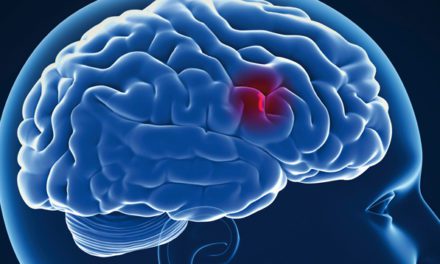there Huntington’s disease, also known as Huntington’s chorea, is an inherited neurodegenerative disease that affects the central nervous system. This progressive and disabling disease is caused by a genetic mutation in the gene htt It is located on chromosome 4. Huntington’s disease can affect a person at different stages of life, gradually affecting the ability to move and mental control and causing significant behavioral changes. In this article, we will explore the characteristic symptoms of Huntington’s disease, the available treatments, and the support provided by scientific research.
Symptoms of Huntington’s disease
Symptoms of Huntington’s disease can vary from person to person, but they tend to occur with age. The disease is characterized by three main symptoms: motor, cognitive and psychological disturbances.
movement disorders:
- KoreaInvoluntary, rapid, and uncontrolled movements that can involve the arms, legs, face, and trunk.
- HypertensionIncreased muscle strength, which may cause stiffness and difficulty in movement.
- muscle dystoniaInvoluntary muscle contractions causing abnormal postures and postures.
call:
- Difficulty concentratingProblems with short-term memory and the ability to focus attention.
- Difficulty making decisionsSlowness in decision-making and indecision.
- loss of cognitive abilitiesGradual loss of planning, organizing and problem-solving skills.
Psychiatrists:
- depressionPersistent sadness, a feeling of emptiness, and a lack of interest in daily activities.
- irritabilitySudden changes in mood and difficulty controlling impulses.
- compulsive behavioursThe tendency to perform repetitive and compulsive actions.
Huntington’s disease treatments
At present, there is no definitive cure for Huntington’s disease, but there are several treatments aimed at managing symptoms and improving patients’ quality of life.
Pharmacotherapy:
- antipsychoticsIt is used to treat psychological symptoms such as depression and compulsive behaviour.
- Histone deacetylase (HDAC) inhibitors.They have been studied as potential treatments to slow the progression of the disease.
- tetrabenazineIt is used to reduce involuntary movements (chorea).
Occupational therapy and physical therapy:
- Practice therapyHelps patients carry out daily activities and maintain some independence.
- natural therapyIt aims to maintain muscle tone and improve mobility.
Psychosocial support:
- CounselingPsychological support for dealing with anxiety and depression associated with illness.
- Support groupsProvide an environment of sharing and support with other people with Huntington’s disease.
scientific reseach
Huntington’s disease research is constantly evolving. Studies focus on understanding the underlying mechanisms of the disease and developing new treatments. The goal is to find more effective treatments and, ideally, a permanent cure.
conclusions
Huntington’s disease is a devastating neurodegenerative condition that affects a person on a motor, cognitive and psychological level. There is no definitive cure, but available treatments can improve patients’ quality of life. Scientific research is still necessary to better understand the disease and find more effective solutions to deal with it.
sources

“Internet trailblazer. Travelaholic. Passionate social media evangelist. Tv advocate.”







More Stories
What the Earth would be like if all the ice melted: Watch the chilling video
If you shave like this, you risk getting sick. Doctors warn: “Don’t take it lightly.”
Why do we see the stars as they were in the past?